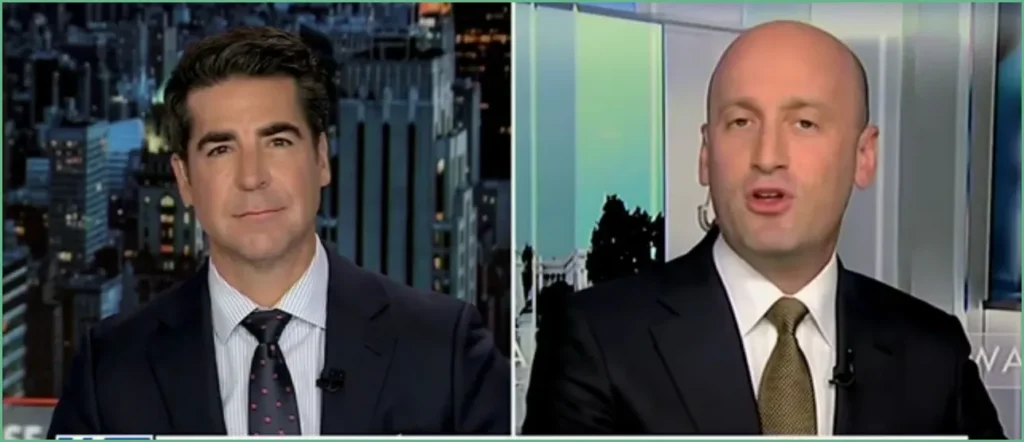Stephen Miller, the White House deputy chief of staff for policy, argued on national television that Democratic strategies are steering America toward a chaotic, low-trust society, using Minnesota as his main example. He pointed to recent federal fraud prosecutions tied to members of the Somali community and warned that a party that prioritizes electoral power over civic cohesion will hollow out institutions. Miller’s stark language and specific allegations have reignited debate over immigration, assimilation, and public accountability in a way that only a few voices in Washington are willing to speak plainly about. This article lays out his claims, the federal cases he referenced, and the policy questions conservatives say Americans should be asking now.
Miller made his case on a popular primetime show, arguing that the Democratic Party prefers a fragmented polity it can control rather than a unified, prosperous nation. He tied a City Journal-style narrative about corruption and radical funding to a broader critique of Democratic electoral tactics. Republicans hear this as a pattern: when political advantage trumps the rule of law, societal trust collapses and outcomes worsen for everyone.
“In other words, when you see the state of Somalia, that’s what they want for America at the end of the day because it’s easier to rule over an empire of ashes than it is for the Democratic Party to rule over a functioning, Western, high trust society with a strong middle class,” Miller told the host. He used that sentence to frame his warnings about immigrant networks, welfare fraud, and the erosion of civic norms under soft-on-enforcement policies.
Miller pointed to Minnesota as the case study where this theory is playing out in real time, saying the state’s political landscape shifted as concentrated migration changed local demographics. He argued that when elections hinge on clan ties or factional loyalties rather than shared civic commitments, policy incentives change. That, he warned, is exactly what some Democrats want: an easier road to permanent control rather than governing a cohesive, prosperous electorate.
WATCH:
He reiterated what many on the right already believe about Minnesota politics: “Look how powerful the Democrat Party became in Minnesota once they flooded it with 100,000 Somalians. Once the elections were decided by clan rivalries and ethnic feuds. Once that happened, the Democrat Party became permanently powerful in Minnesota. They became permanently powerful in the Twin Cities. That’s their model for America, to make the whole country into a version of Somalia. And everything they do gets down to that. So, yes, what I’m thankful for this Thanksgiving. I praise God every day that Donald Trump is our president.” That passage was delivered without hedging, reflecting a worldview that ties immigration policy directly to political survival.
Federal prosecutors have lately charged dozens tied to schemes that allegedly skimmed public funds intended for vulnerable children and families, and conservative commentators say these cases validate tougher oversight. Officials describe elaborate frauds and large sums moving through nonprofit networks, and critics argue that weak vetting and porous accountability created the opening. For Republicans, the lesson is clear: immigration policy without assimilation standards plus lax enforcement invites abuse and corrodes public programs.
This framing raises a set of policy questions that Republicans are pushing hard: should immigration be conditioned on cultural integration? How do we protect social programs from exploitation while preserving support for the needy? And how do we restore trust in institutions that are supposed to mediate competing claims fairly? Those are the debates Miller wants in the open, not tucked away behind cautious spin.
The bluntness of Miller’s pitch will rile opponents and rally supporters, but it forces a choice voters should weigh. Conservatives prefer a nation built on common law, shared values, and a secure border, and they see the current moment as a test of whether those priorities can survive liberal experiments in governance. If the country rejects what Miller calls a “model for America” based on factional politics, policymakers will need to act with clarity, enforcement, and a focus on rebuilding civic trust.
